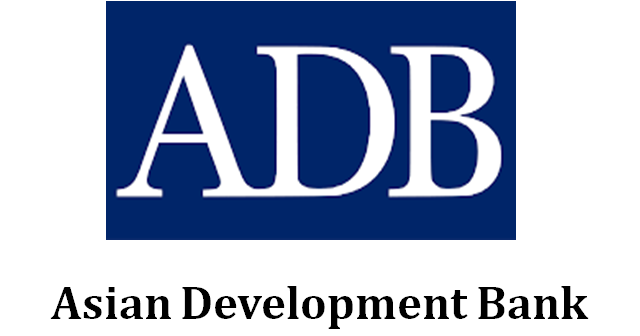The Asian Development Bank (ADB) has approved a new energy policy to support universal access to reliable and affordable energy services, while promoting the low-carbon transition in Asia and the Pacific.
“Energy is central to inclusive socioeconomic development, but the expansion of energy systems has come at the cost of harmful impacts on our climate and environment,” said ADB President Masatsugu Asakawa.
“ADB’s new energy policy will support our developing member countries (DMCs) in the critical and urgent task of expanding access to reliable, affordable, and clean energy.” he added.
The ADB President said this new policy locks in ADB’s strong commitment that it will not fund new coal power production.
“Together with our elevated ambition to deliver $100 billion in climate financing to our DMCs in 2019-2030, it provides a clear path for ADB’s contribution to an environmentally sustainable energy future,” he said.
An ADB press release said progress on access to energy has been rapid across developing Asia and the Pacific. But, roughly 350 million people in the region do not have an adequate supply and about 150 million people still have no access to electricity.
Continuing economic growth and urbanization will require developing affordable and reliable energy systems with substantial additional electricity-generating capacity.
To respond, International Energy Agency scenarios suggest the region’s installed electricity-generating capacity could increase by about 7% per annum, from 3,386 gigawatts in 2019 to 6,113 gigawatts by 2030.
Investments in renewable energy generation in the region could reach $1.3 trillion per annum by 2030, doubling the amount from the previous decade.

